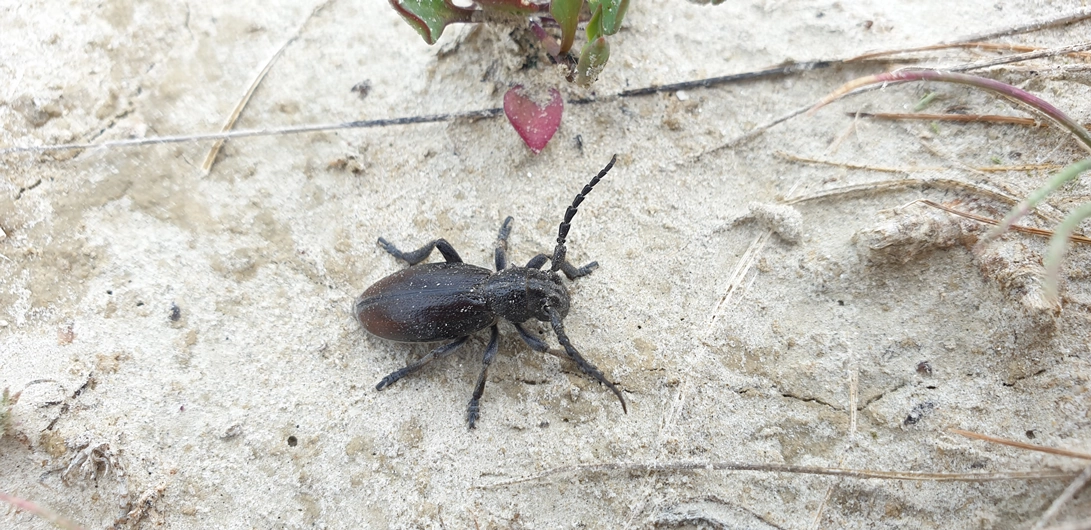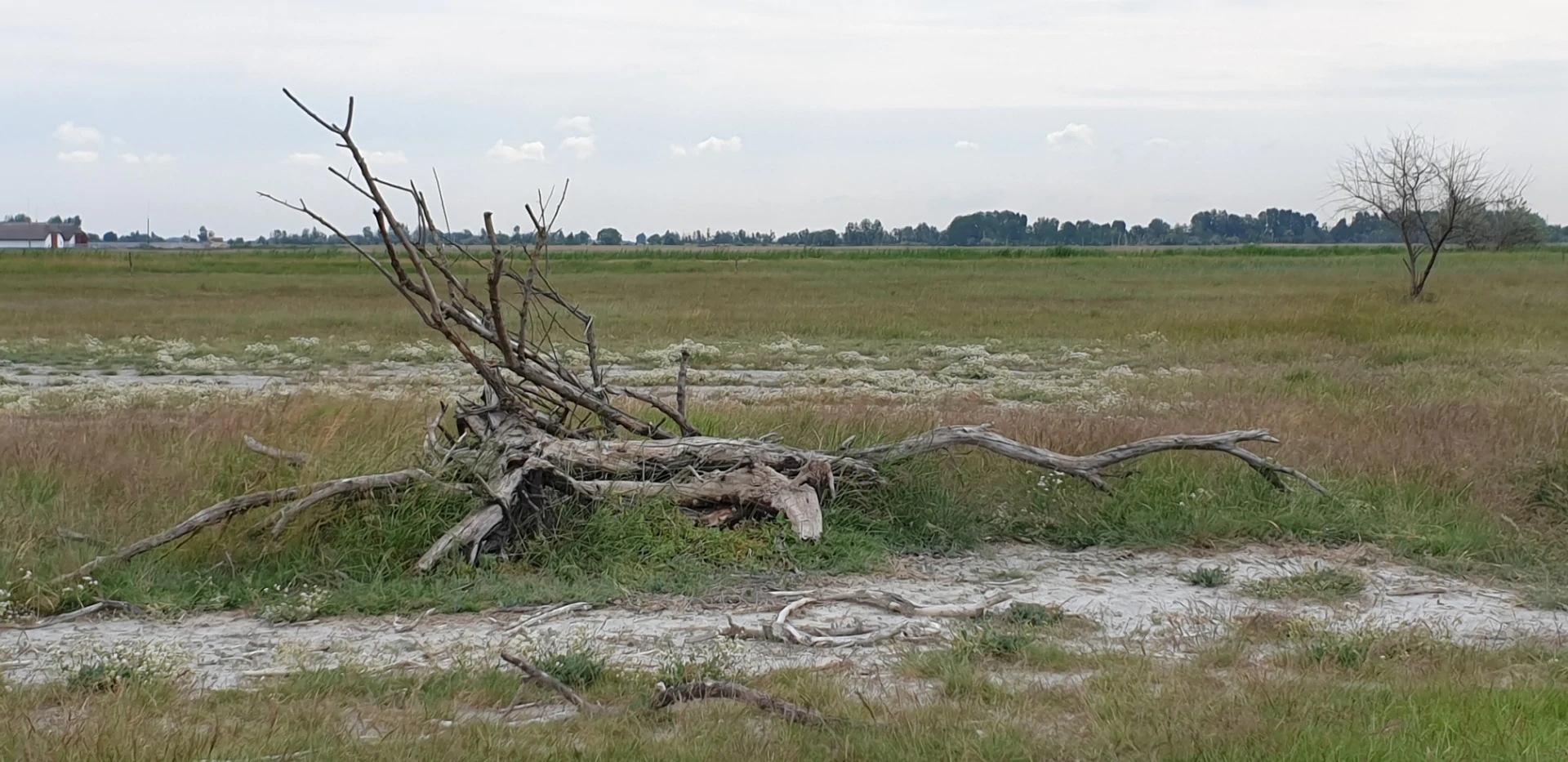Insect-friendly grazing
The ivermectin problem
An increasing number of studies show that arthropod populations are declining globally. In grasslands, one reason of the decline is that low-intensity livestock grazing is disappearing, and another is the increasing use of anthelmintics, veterinary drugs against worm infections, in areas grazed with increasing intensity. Of these anthelmintics, ivermectin and its derivatives are most frequently used in veterinary practice. A number of studies attest that ivermectins kill the eggs and larvae of non-target grassland arthropods and are present in the dung of grazing livestock in concentrations lethal to arthropods for up to 30-35 days. As a long-term effect, populations of arthropod species linked to the dung (beetles of the families Scarabaeidae and Geotrupidae, dung flies in the Scathophagidae and many other families in Diptera, a total of 70 to 80 species per location), will decline and eventually disappear. These arthropods have an important in the fragmentation and decomposition of dung, thus, if they decline or disappear, the dung will decompose more slowly or will not decompose at all. Dung remaining on the pastures will inhibit the germination of grasses and can burn out the soil. Healthy grassland insect communities can thus ensure substantial profit to farmers through their dung decomposition services, thus, their maintenance has direct economic benefits.
What can be done?
We emphasise that the project does NOT aim to restrict or ban the use of ivermectins. The project searches and tests solutions that can avoid ivermectins from getting to the pasture and that can thus avoid the negative effects on grassland arthropods. One straightforward way to do this if veterinary drugs with ivermectin as active agent are administered at least six weeks before livestock are taken to the pasture or at the end of the grazing season. In these cases, ivermectin will exert its effect, break down and will be excreted from the body of the grazing livestock, thus, it does not get to the pasture in spring. This preventive solution will greatly increase the populations of arthropod species linked to the dung and the efficiency of dung decomposition.
In areas where the use of ivermectins is an absolute must, we can strengthen populations of arthropod species by increasing the diversity of their habitats, for example, by installing insect hotels, wood piles and ivermectin-free dung piles. This way we can provide feeding, hiding and wintering microhabitats to arthropods.


